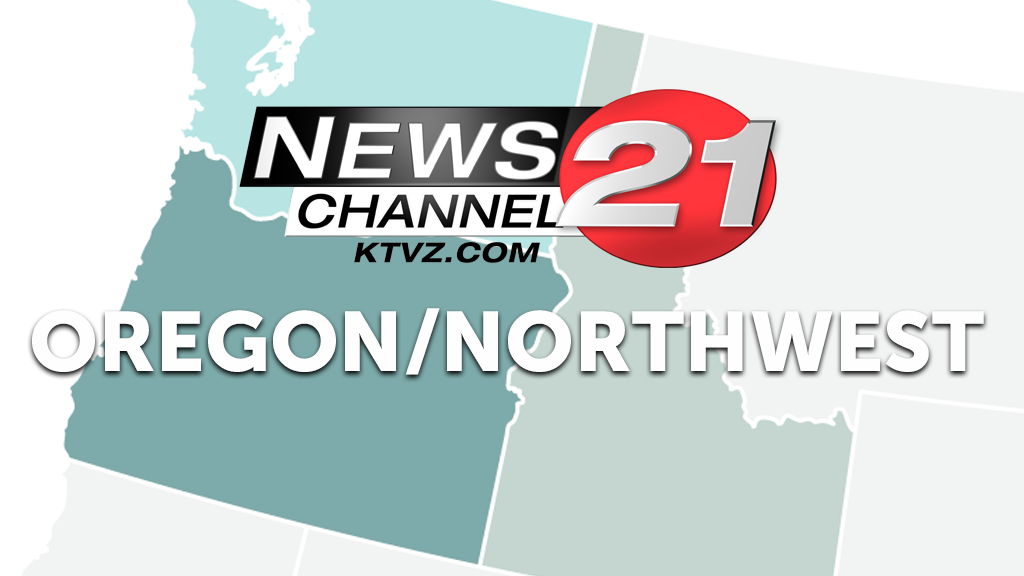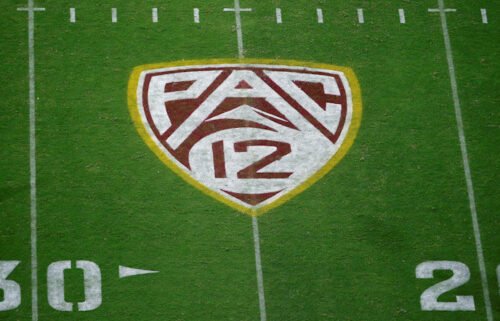2 voting change measures make Seattle November ballot

SEATTLE (AP) — Two voting change options will be on the November ballot after the Seattle City Council approved an alternative to a signature-driven effort — and either would change the city’s primary election process.
In a special meeting Thursday, the council OK’d asking voters to consider ranked-choice voting alongside approval voting, The Seattle Times reported.
Voters currently choose one candidate in a primary election and the top two proceed to the general election. The move away from more traditional voting has gained momentum across the country as advocates seek more equitable elections.
Approval voting will be on the ballot as Initiative 134 after a successful petition effort. That measure allows voters to vote for multiple candidates without ranking, meaning each selection is weighted equally.
Adopting approval voting would satiate a newer movement to back multiple candidates equally, aimed at cutting down on negative campaigning and spoiler candidates, but it would mean backing a nearly untested election model.
Under ranked choice, voters rank candidates by preference. If no candidate gets a majority of first-choice votes, subsequent rankings are considered until a majority is reached.
Councilmember Andrew Lewis, who proposed adding ranked choice voting as an alternative, said it may be unnecessary to adopt any change to the city’s primary election process. But if voters are going to consider reform, they should have both as an option and be the “final arbiters” of the decision, he said.
“We just went through a public comment session where two times as many people called in supporting ranked-choice voting as called in supporting the approval voting alternative,” he said. The council would be depriving voters of the final decision if choosing ranked-choice voting was not an option, he said.
Ranked choice is used in dozens of cities and states, including New York City, San Francisco and Oakland, California. Approval voting is only used in a few locations, like St. Louis and Fargo, North Dakota.



